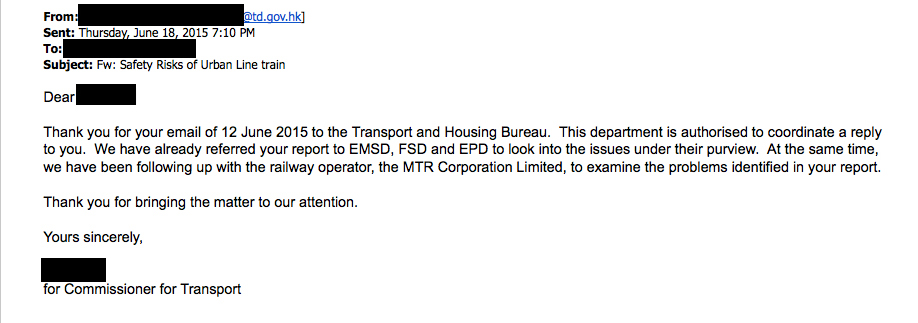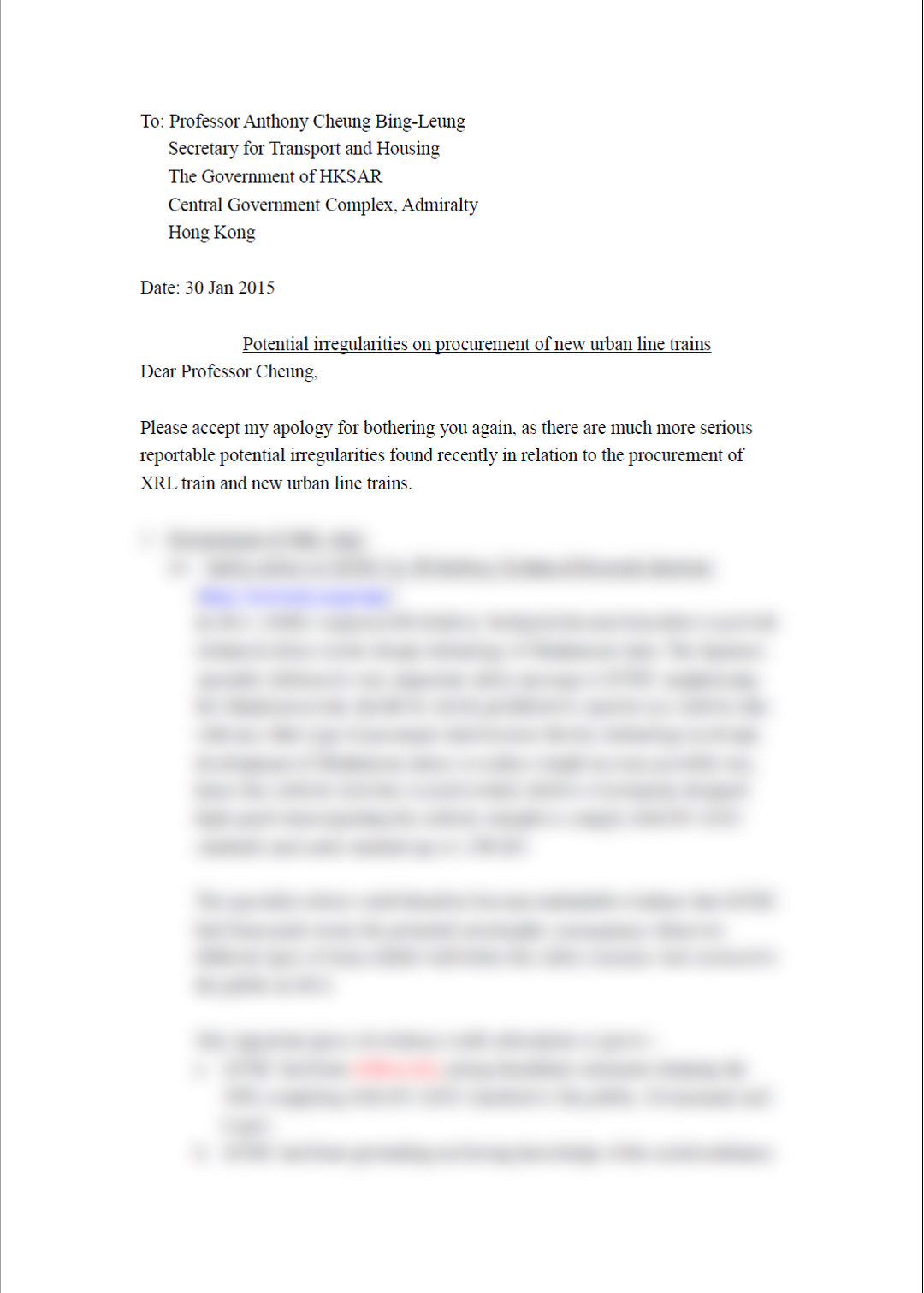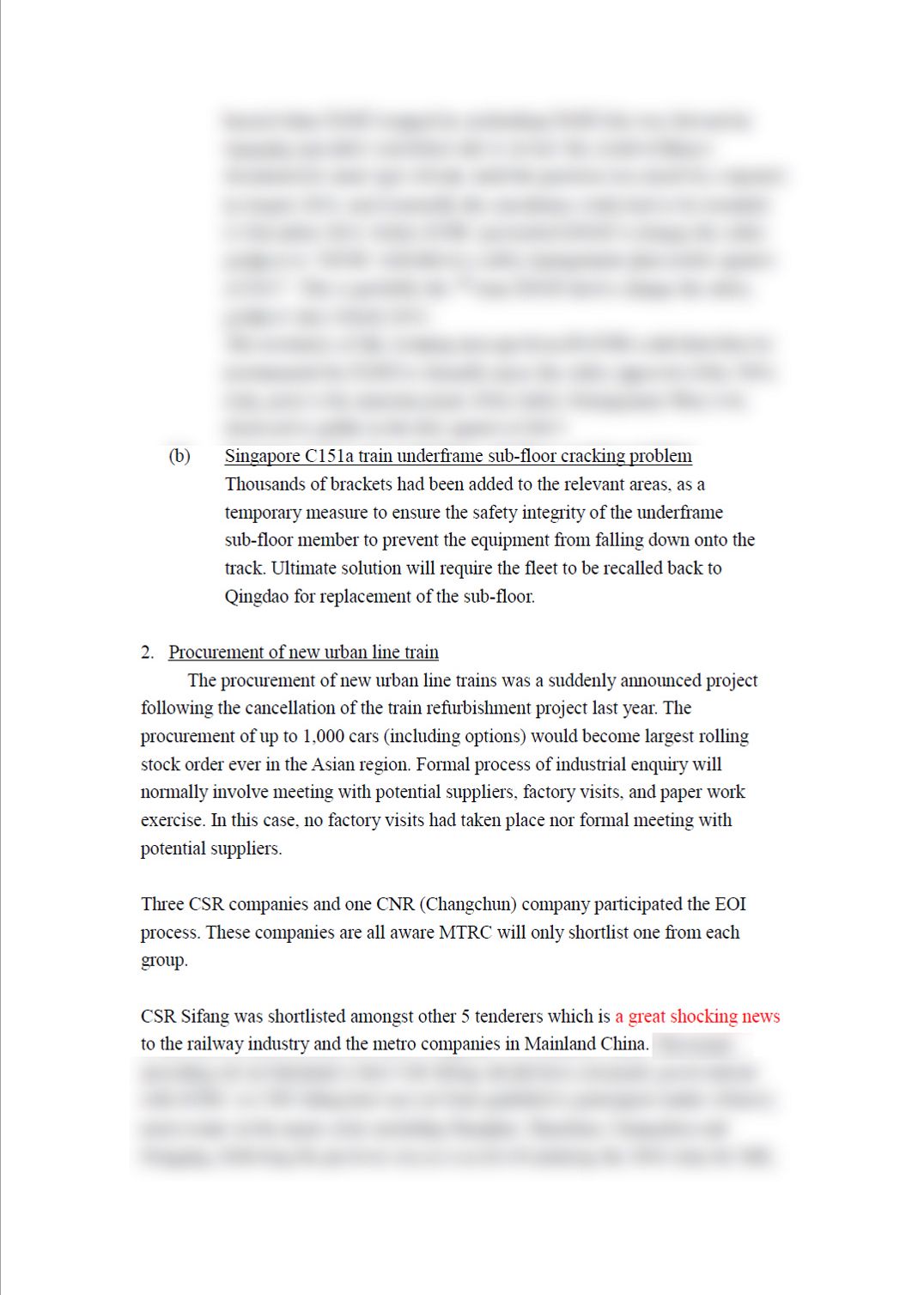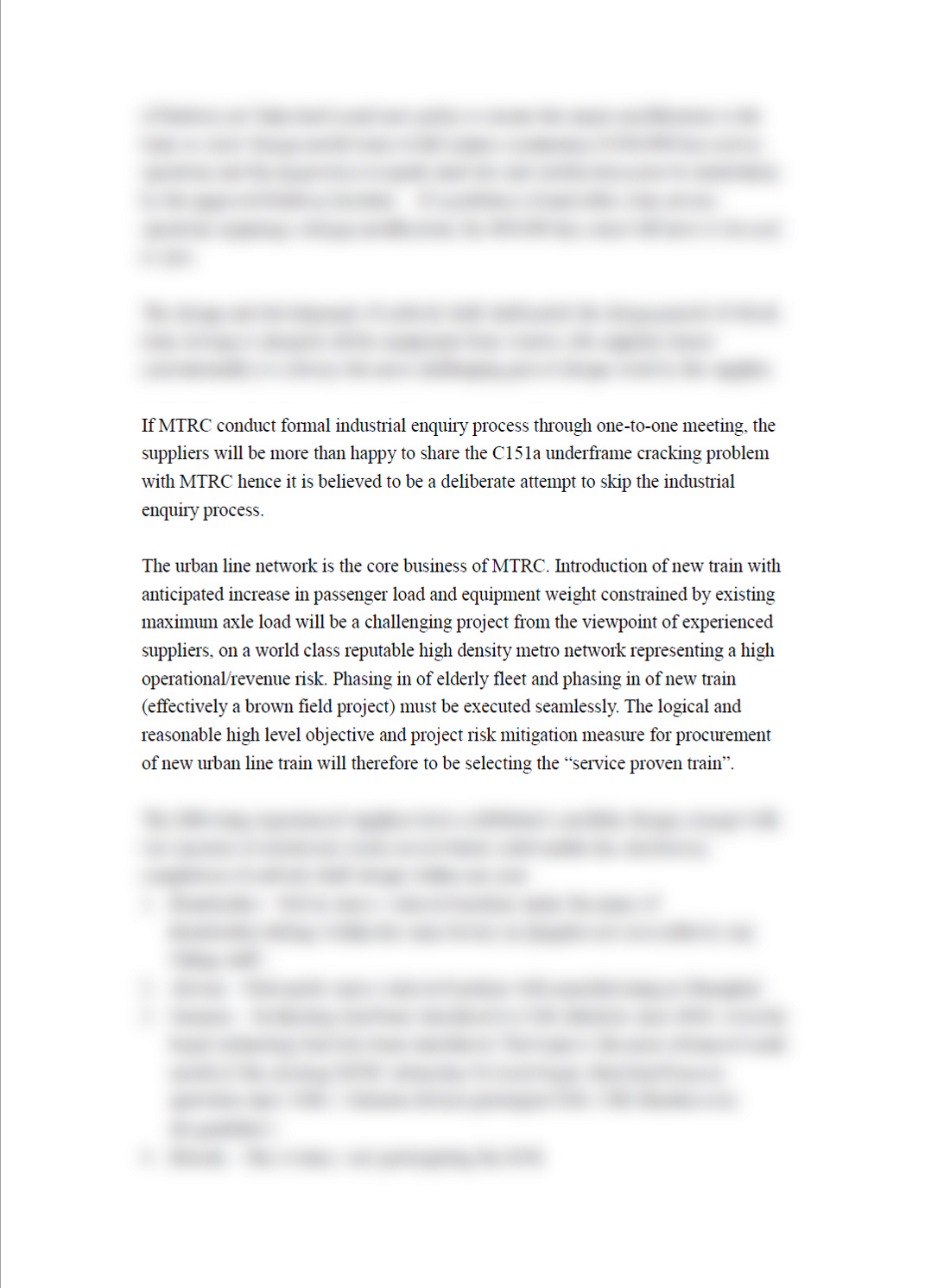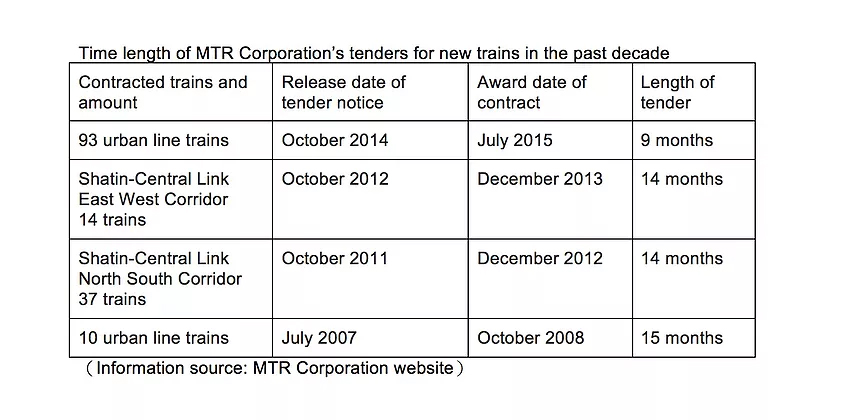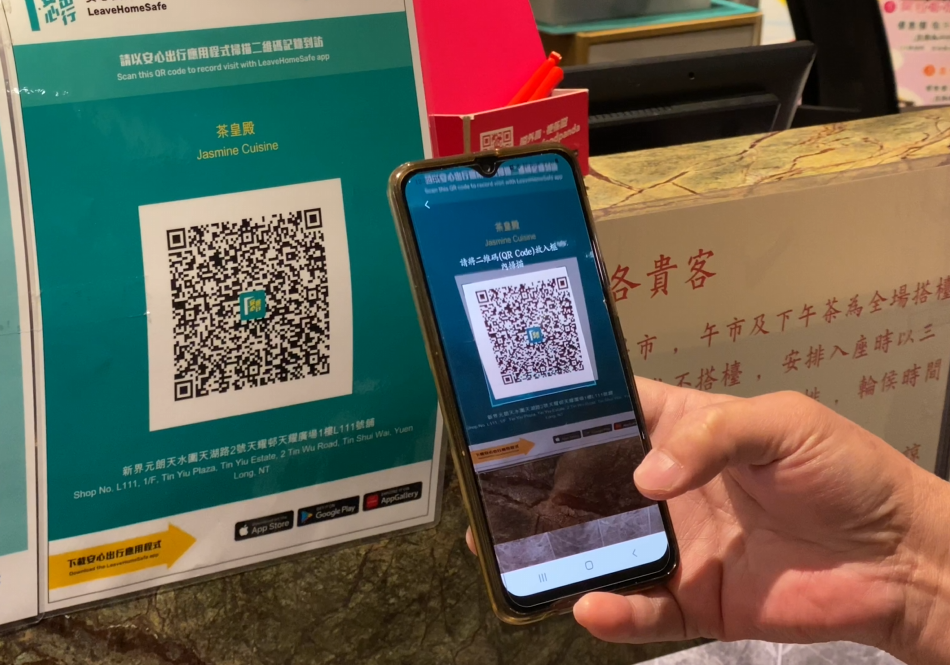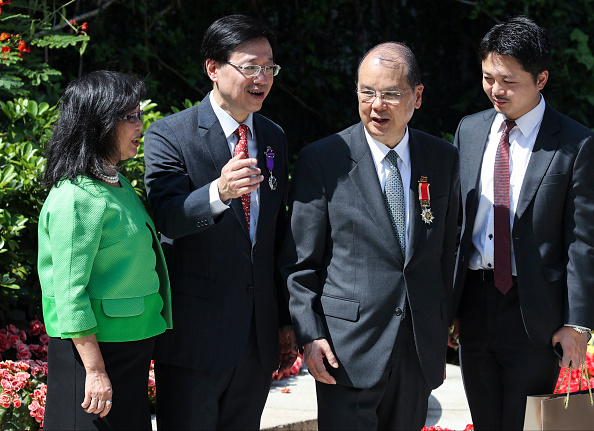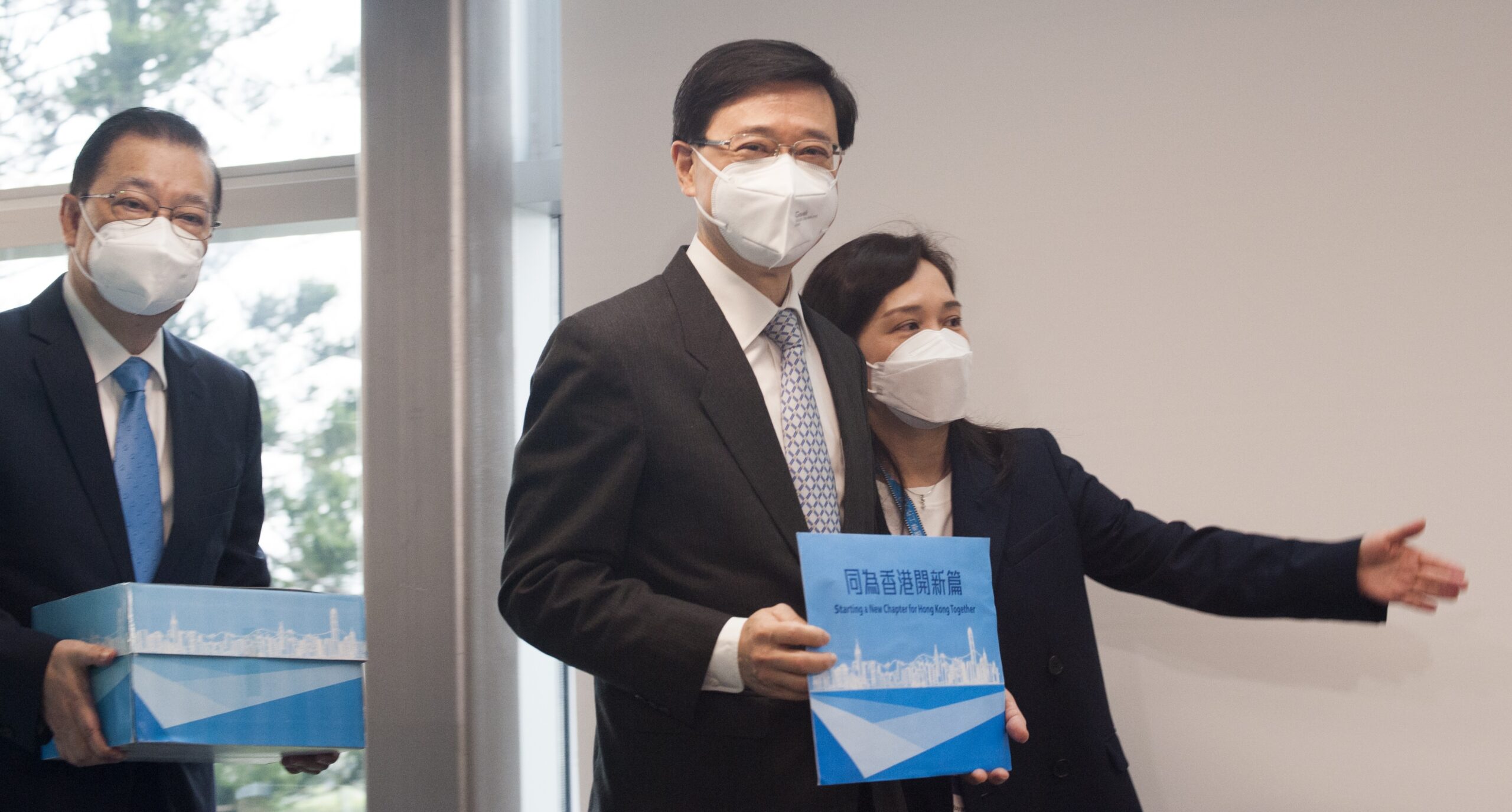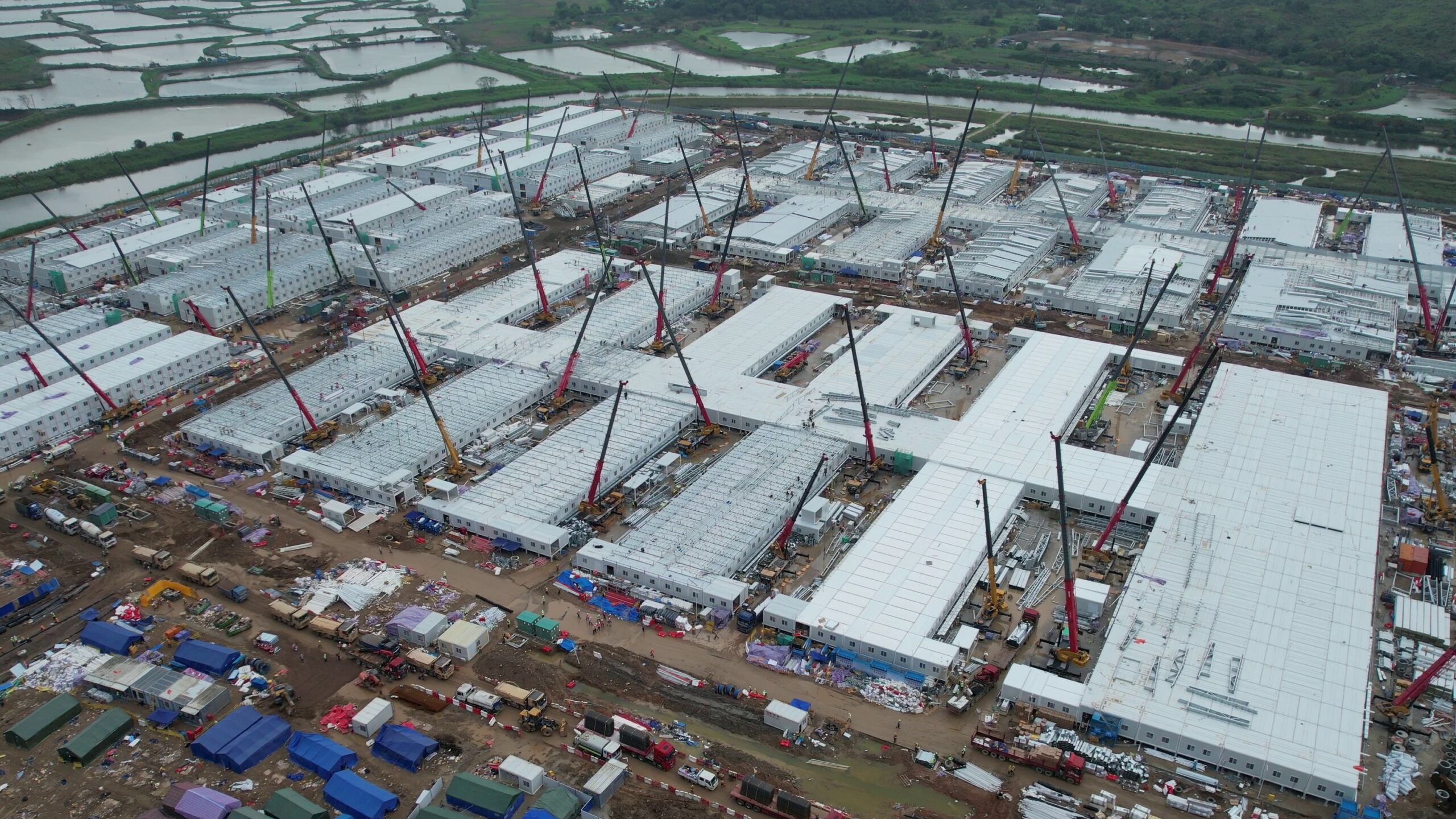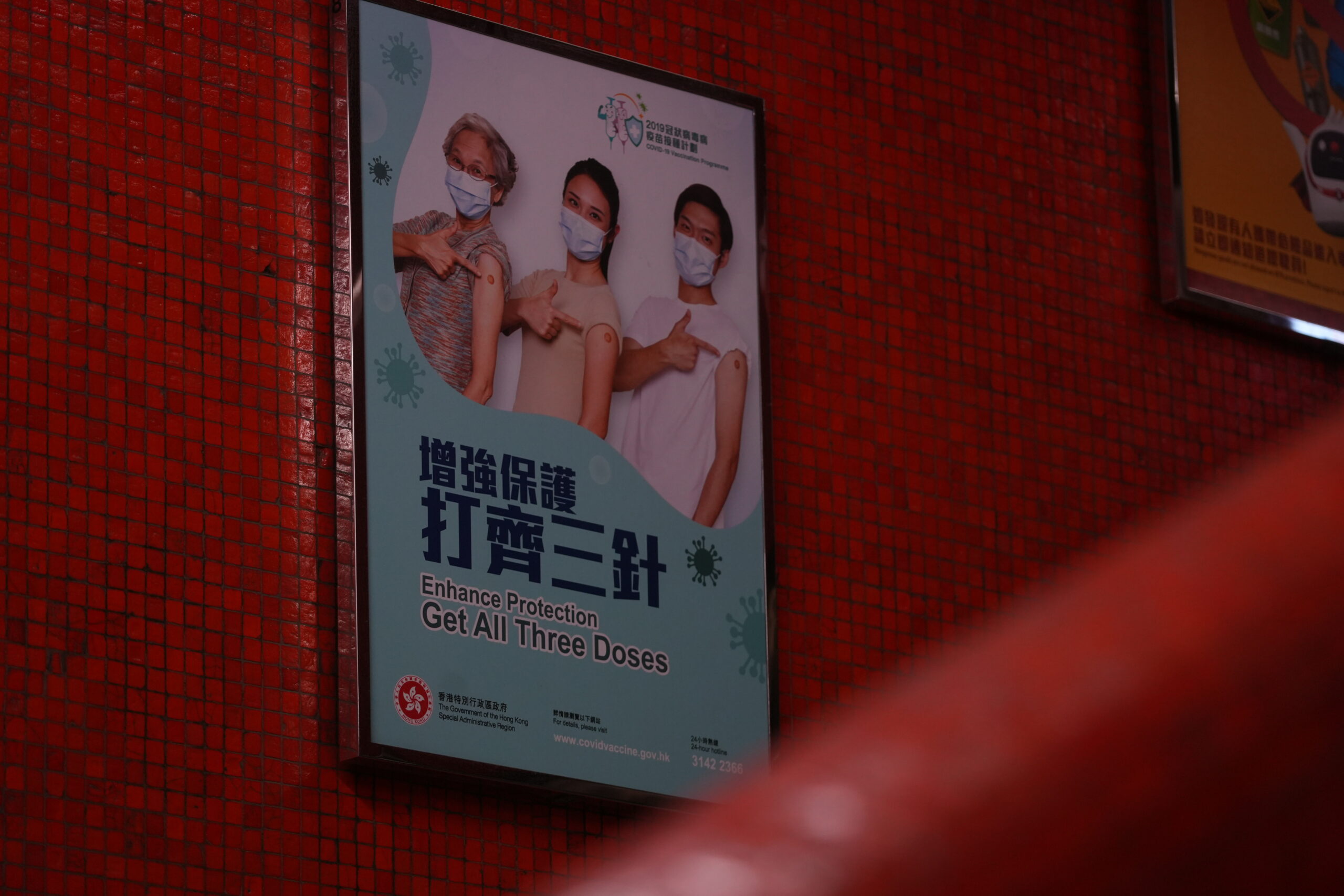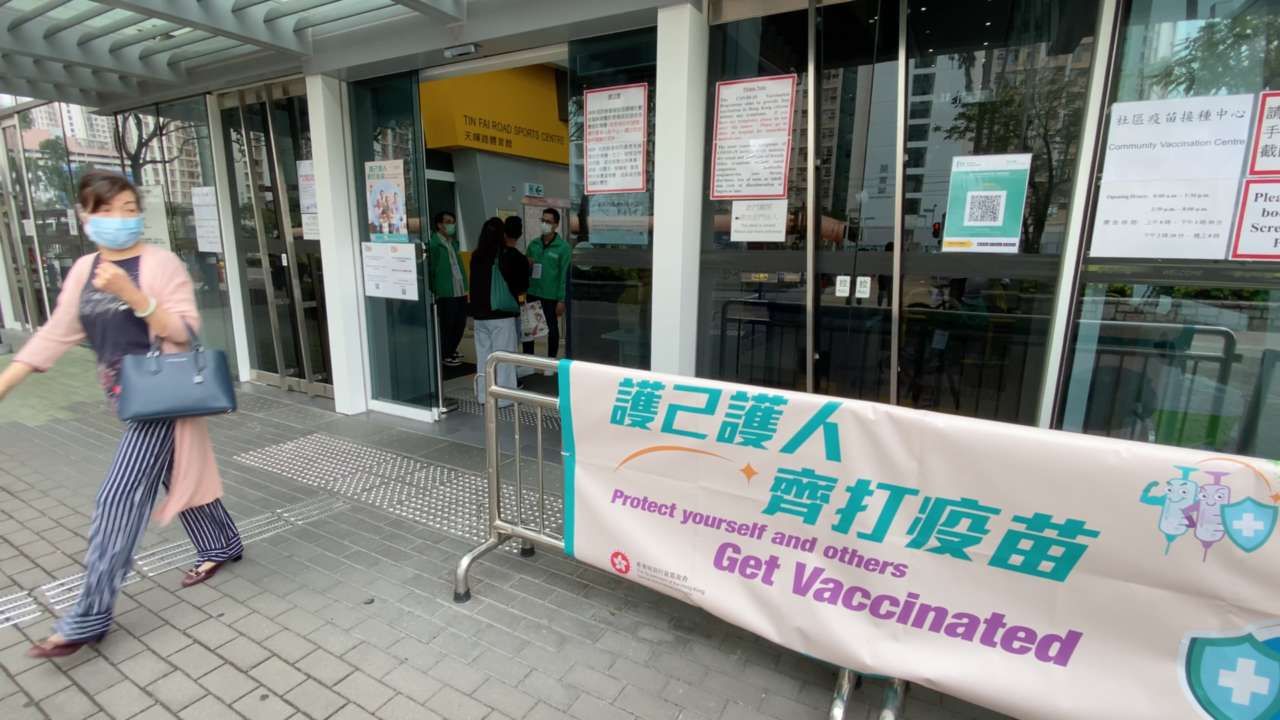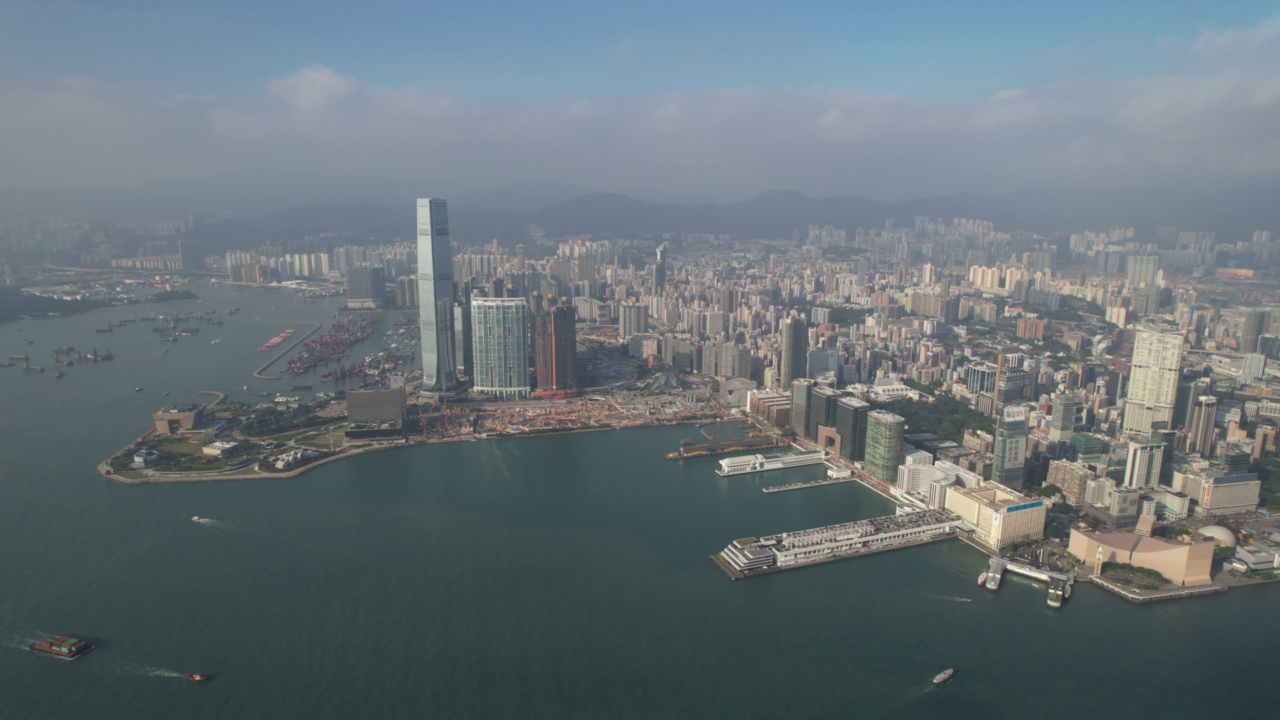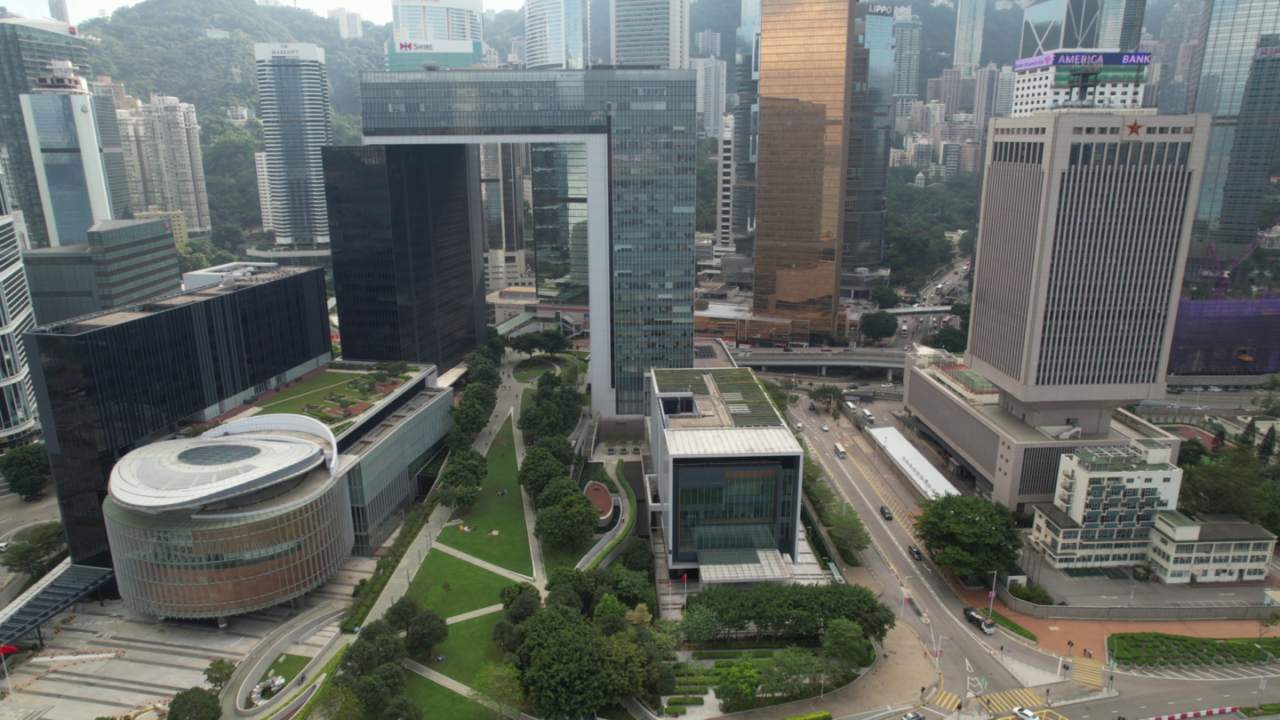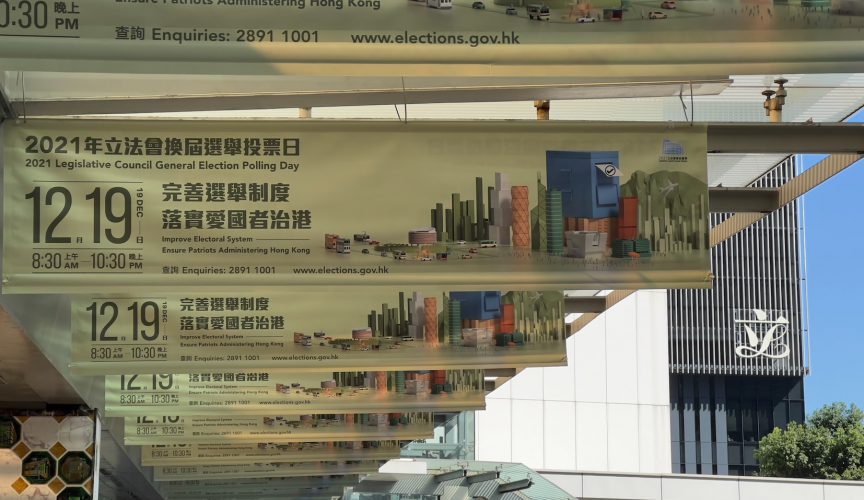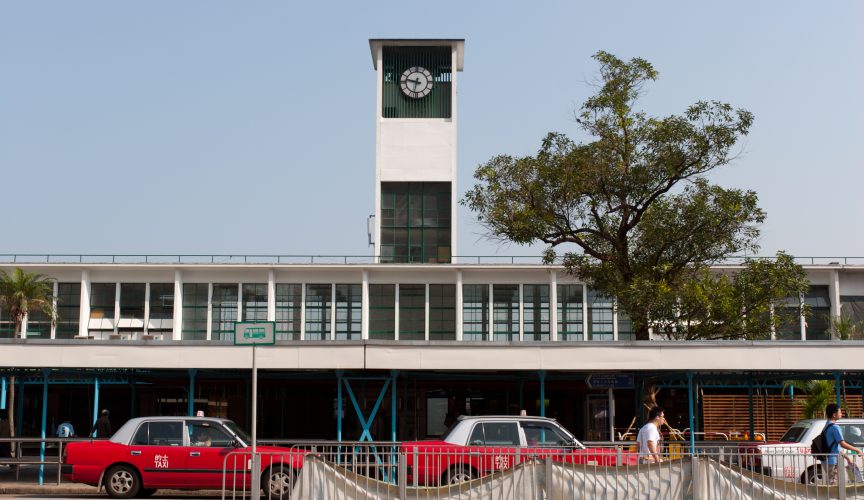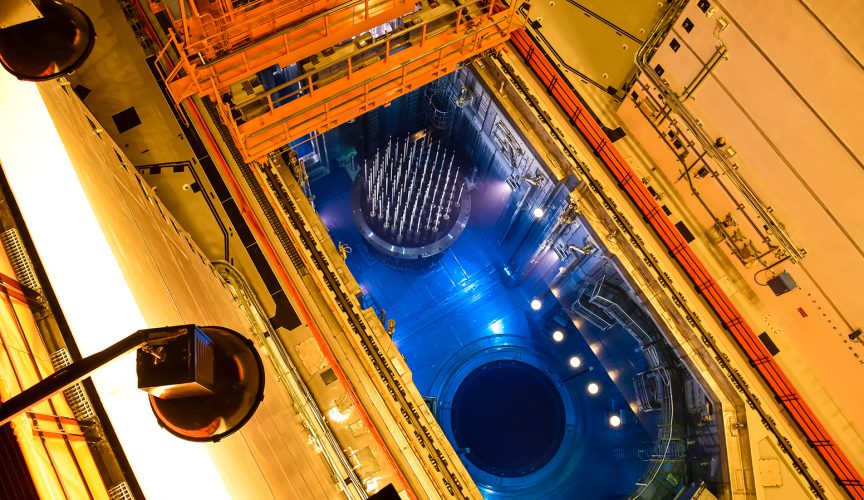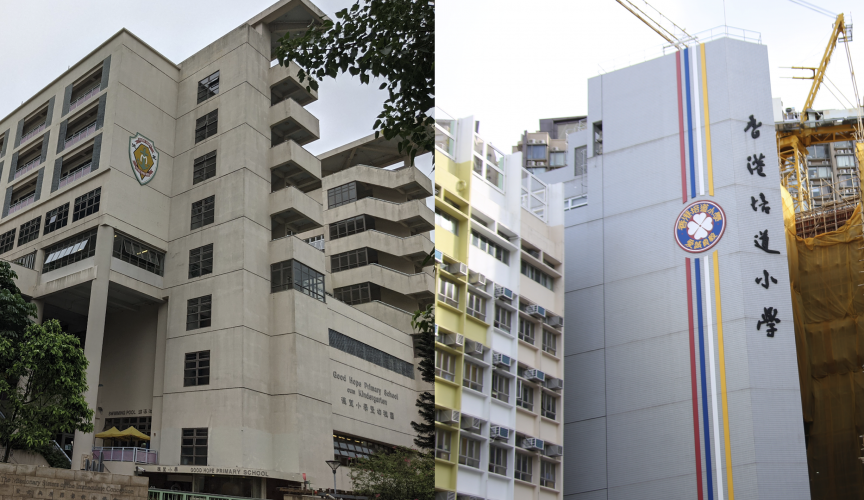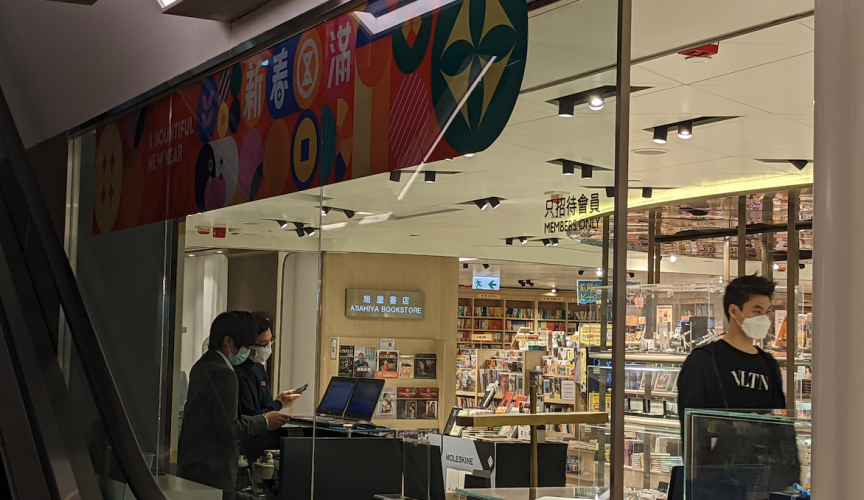The Transport and Housing Bureau received multiple emails in 2015 complaining about technical problems with Singapore’s trains and potential irregularities in the procurement process
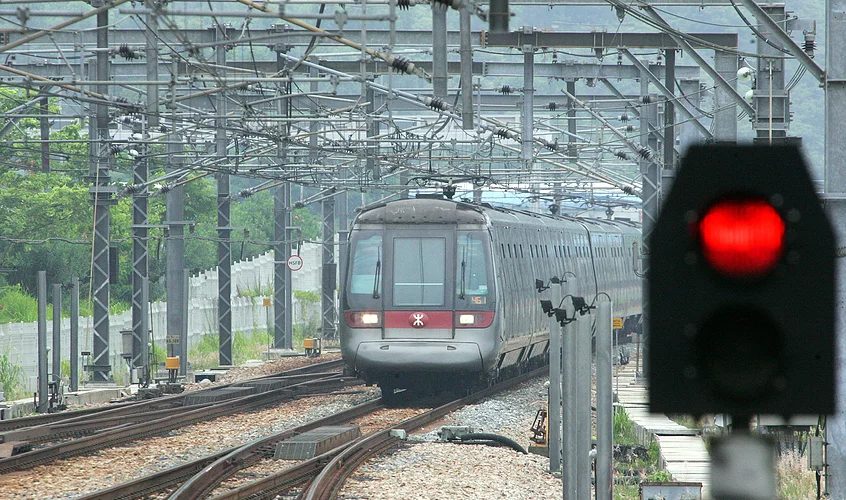
Hong Kong’s Transport and Housing Bureau received multiple emails from January to August 2015 complaining of the “underframe cracking problem” in Singapore’s C151A trains, as well as “potential irregularities [in] procurement of XRL and new urban line trains”, FactWire has discovered.
Speaking to the media yesterday, Secretary for Transport and Housing Anthony Cheung Bing-leung said the Bureau was not aware of quality issues with Singapore subway operator SMRT Trains Ltd’s (SMRT) 35 C151A trains before FactWire’s report on July 5 revealed that the trains were being secretly recalled and repaired by their mainland Chinese manufacturer CSR Sifang Locomotive & Rolling Stock Company Ltd (CSR Sifang).
However, contrary to Cheung’s statement, emails provided to FactWire by government sources show the Bureau has been aware of quality issues with Singapore’s C151A trains since early last year. On January 30, 2015, the Bureau received an email addressed to Cheung reporting “irregularities” in the MTR’s tender process for new urban line trains, which was ongoing at that time. In attached documents, the sender made reference to the “Singapore C151A train underframe sub-floor cracking problem”.
“Thousands of brackets had been added to the relevant areas, as a temporary measure to ensure the safety integrity of the underframe sub-floor member to prevent the equipment from falling down onto the track,” the sender explains. “Ultimate solution will require the fleet to be recalled back to Qingdao for replacement of the sub-floor.”
The emails also indicate that regular procedures in the tendering of train contracts were bypassed in the MTR Corporation’s tender of urban line trains. “Formal process of industrial enquiry will normally involve meeting with potential suppliers, factory visits, and paperwork exercise,” the emails stated. “In this case, no factory visits had taken place nor formal meeting with potential suppliers.”
In addition, the emails said the shortlisting of CSR Sifang was “shocking news to the railway industry and the metro companies in Mainland China”, adding that “if MTRC [conducts a] formal industrial enquiry process through one-to-one [meetings], the suppliers will be more than happy to share the C151A underframe cracking problem with MTRC, hence it is believed to be a deliberate attempt to skip the industrial enquiry process”.
The sender further recommended that the Bureau intervene in the tendering process and demanded that the MTR Corporation inspect and consider the contractors’ track records when evaluating bids.
On February 5, the Bureau’s Transport branch responded to the sender, acknowledging that the emails had been received and would be “processed”.
In May, the MTR Corporation announced that it was assessing four bids and planned to spend an estimated HK$7 billion to replace 78 urban line trains of eight cars, averaging HK$90 million per train. In June, the Bureau received another email, stating that “there is an urgency to freeze the tender assessment of the refurbishment project and procurement of new urban line [trains]”. In July, the MTR Corporation awarded the HK$6 billion contract for 93 new urban line trains to CSR Sifang, the price averaging HK$64 million per train.
On July 6, the day after FactWire released its report, Cheung said the government was very concerned about the issue. He said he had already demanded that the MTR Corporation and the Electrical Mechanical Services Department (EMSD) contact the manufacturer and Singapore’s Land Transport Authority (LTA) respectively to fully understand the case. He stressed that, “in terms of regulation, [we will] ensure 100% safety”.
When FactWire asked whether the Bureau was aware of quality issues with Singapore’s C151A trains before this week’s report, Cheung responded, “No, we were not aware of what was happening in Singapore. Indeed, why should Singapore inform Hong Kong about this?”
Upon further questioning of whether the Bureau received complaints in 2015 about the irregular bidding process of urban line trains and about cracks in CSR Sifang’s C151A trains, Cheung said: “I’m not privy to what was happening then.”
However, he stressed that the tendering process was in line with the MTR Corporation’s procedures.
The MTR Corporation released its tender notice in June 2013 for the refurbishment of trains for the four urban lines, inviting interested contractors to enter the pre-qualification process. Pre-qualified bidders said they were invited to bid in April 2014, while the awarding of the contract was scheduled for the third quarter of 2014. In October 2014, the MTR Corporation delayed the awarding of the contract and released a new tender notice for a contract to purchase 78 new trains to replace current urban line trains. The latter contract was eventually awarded to CSR Sifang in July 2015.
The entire process of procuring the new urban line trains, from releasing the tender notice to awarding the contract to CSR Sifang, took only nine months. The MTR Corporation’s three other open tenders of contracts for new trains in the past decade have taken 14 or 15 months.
Samuel Lai Man-hay, former acting chief executive officer of the Kowloon-Canton Railway Corporation, said that in his experience, tenders of contracts for new trains usually took at least a year. Railway companies usually spent four to six months conducting pre-qualification, in order to examine the contractors’ background and track record before selecting four or more to bid. Selected contractors usually had at least six months to make enquiries on the technicalities of the contract and draft the bid. After the bids were submitted, Lai said, the railway company normally took three to six months to evaluate them.
Lai said the MTR Corporation’s tender process for the new urban line trains was “very rushed”.
“If it’s this kind of situation, usually contractors will complain about not having enough time and that they need more time,” he said. “Drafting a bid takes at least six months. This [urban line train] tender was very rushed, but it’s not clear what the reason was. The MTR Corporation must be asked why it was so rushed.”
Responding to FactWire’s written enquiries, the MTR Corporation did not directly respond to whether CSR Sifang’s bid for the urban line train contract was the lowest and if the tendering and pre-qualification process was different from previous tenders. They only stated: “About the specifics of the tender’s timetable, because the nature and content of contracts may differ by case, the time required for the pre-qualification and tender process depends on the realistic situation and cannot be generalized.”
Singapore’s SMRT and LTA both admitted that C151A trains manufactured by CSR Sifang had cracks in their car structures and were all being shipped back to Qingdao for replacement of the car bodies. However, the LTA stressed that the cracks “are not safety-critical and do not affect the train’s systems or performance”.
CSR Sifang was contracted by the MTR Corporation in 2012 to manufacture nine trains for the Guangzhou-Shenzhen-Hong Kong Express Rail Link (XRL). The first shipment will arrive in Hong Kong in September this year.




